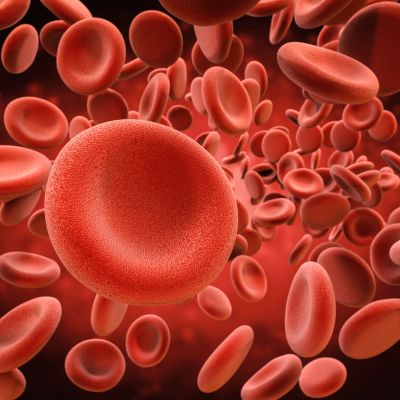Vascular health is a major issue in the United States. That’s why it’s so important to get regularly scheduled vascular screenings if you’re at risk or have a family history of vascular issues. If you’ve never had a vascular screening, then it’s important to know what you can do to have the best experience possible.

We offer three types of vascular screenings at Evansville Surgical Associates: aorta, carotid, and ankle-brachial index (ABI) exam. Each costs $35 or you can get all three for $100.
Our five tips for having the best vascular screening possible are:
- Follow your doctor’s instructions
- Dress comfortably
- Avoid tobacco products
- Know your medical history
- Ask questions
1. Follow Your Doctor’s Instructions
Your doctor may have special instructions depending on the type of vascular screening that you are receiving. In most cases, you can likely come as you are and have the best vascular screening possible.
Fasting is required for aorta screenings. In this case, your doctor will ask you to fast four to six hours before your exam. This is because foods and liquids can increase the amount of gas in the abdomen, which may distort the quality of the ultrasound image. Other screenings do not require fasting beforehand.
Talk to your doctor about medications that should be taken with food or water. They will be able to provide guidelines on what to do for a successful vascular screening.
2. Dress Comfortably
Medical procedures can be stressful, even those as noninvasive as vascular screenings. This is why dressing comfortably is often recommended when you come in for a procedure. It helps you to relax, which will allow you to have the best procedure possible regardless of the type that you’re receiving.
Dressing comfortably for your vascular screening has a practical purpose, as well. Wearing loose, comfortable clothes makes it easier for the doctor to perform the screening. For instance, low-top shoes and loose pants make it easier to check the legs for peripheral artery disease. Similarly, loose shirts make it easier for doctors to perform an abdominal vascular ultrasound.
3. Avoid Tobacco Products
It’s no secret that tobacco products can have a huge impact on your body. From bad breath to bad lungs to cancer risks, there’s no real upside. That’s why it’s best to never start smoking or using tobacco products in the first place. If you already do, you should quit immediately for the sake of your own health.
Along with other health risks, tobacco use can affect the results of your vascular screening by affecting your vascular system. Cigarettes and other tobacco products contain nicotine—a chemical that constricts your blood vessels and limits the blood’s ability to flow freely to your organs. This can affect the results of your tests, so avoid tobacco before your screening.
Cigarettes also produce carbon monoxide. When burned, carbon monoxide has its own negative effects. Inhalation of carbon monoxide may cause your heart to enlarge due to the binding of hemoglobin in your blood, which reduces the amount of oxygen that your cells receive. This is because it has to pump more blood in order to provide more oxygen throughout your body.
The higher heart rate and enlarged heart associated with smoking and other tobacco products can have a major effect on your vascular screening. For this reason, doctors recommend not smoking for two hours before your test. This will help to ensure that your heart is working as normally as possible so that your doctor can provide you with accurate readings.
To learn more about how smoking affects your veins and arteries, click here!
4. Know Your Medical History

Knowing your personal and family medical history is important for yourself as well as your doctors. For your personal medical history, be prepared to talk about any surgeries you’ve had in the past. You should also inform them of any medical conditions you’re currently experiencing as well as any you have experienced in the past.
Your doctor will also want to know your family medical history. The medical history of your family is very important since it can provide insight into what you may expect in the future. Having a parent or other family member who has vascular issues doesn’t always mean that you will have them. On the other hand, it alerts your medical team to watch for certain signs just in case.
5. Ask Questions
It’s always important to get clarity for any medical procedure. Before your screening, be sure to talk to your general practitioner about any questions or concerns you may have. Ask them questions such as why the screening is being performed and what they will be looking for.
You will be given a sheet with your results once the tests have been completed. Your general practitioner will review it with you and give advice and recommendations to improve your health, so be sure to take notes. By being as informed as possible, you won’t simply be setting yourself up for good health in the short term. You will be supporting your health for years to come!
Is it time for your vascular screening in Evansville, IN? Call us today at (812) 424-8231 or (800) 264-8231 to schedule your appointment!
Follow your doctor’s instructions since they may have special directions for your screening. Wearing loose, comfortable clothes makes you more comfortable and makes it easier for the doctor to examine you. Avoid using tobacco products before your appointment since it can affect the results of your screening. Be sure to discuss your personal and family medical history with your doctor and ask any questions that you may have.
Evansville Surgical Associates has been providing comprehensive and compassionate surgical care for over 50 years. Call us at (812) 424-8231 or (800) 264-8231. We are available from 8:00 am to 4:30 pm if you would like to schedule an appointment.



